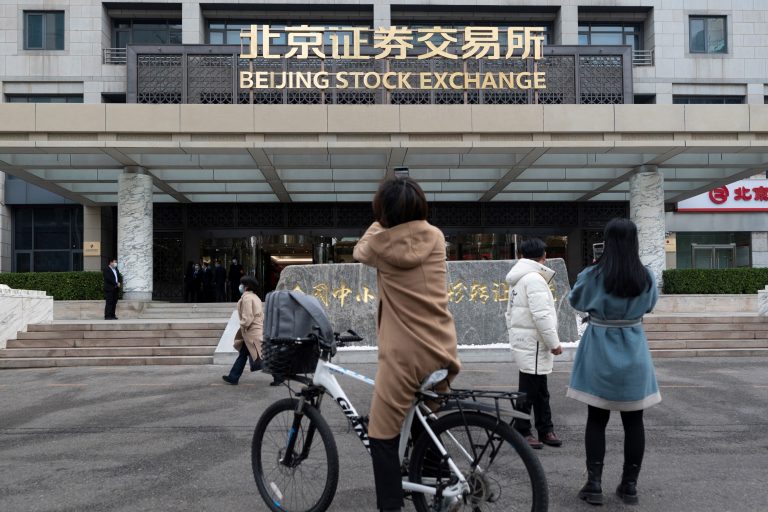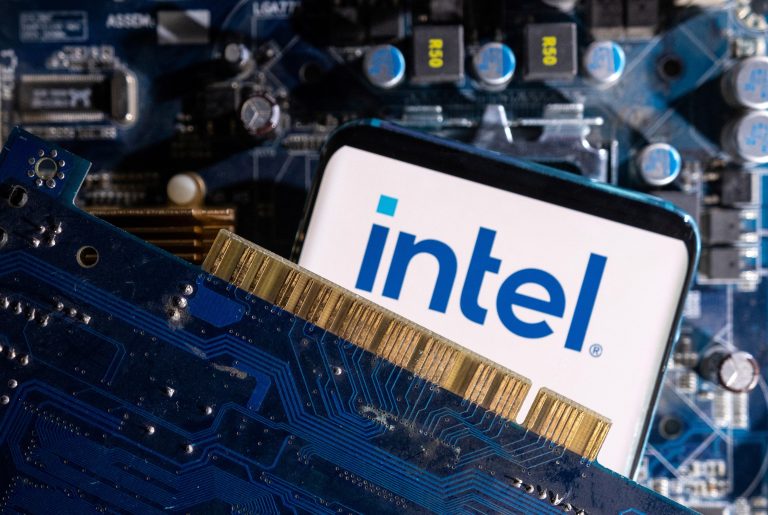Some of the major Chinese tech stocks have announced their latest quarterly earnings. And the results are not up to the mark. With Beijing tightening regulations in the sector, these companies have struggled to post good earnings, which has negatively affected their value in the stock markets.
Alibaba reported revenues of $31.1 billion for the quarter ending Sept. 30, with adjusted earnings of $1.74 per share, slightly below analyst expectations of $32 billion in earnings and $1.93 per share.
Following the announcement of the results, shares of the company plunged 11.6 percent on Nov. 18. The company also warned of slower growth. While it said sales for the current year would increase to 23 percent from 20 percent a year back, it will still be below analyst predictions of 28 percent.
In its earnings release, Alibaba blamed China’s “regulatory environment” as well as the government’s restrictive “data protection regulations” for affecting business operations. In an analyst call, CEO Daniel Zhang stated that the company’s core commerce business was also affected by ‘intensifying market competition” and “economic headwinds.”
Though furniture and consumer electronics demand remained resilient, demand in other sectors like general merchandise and apparel declined. He indicated that the company will focus on the growth of its other businesses like online shopping platform Taobao and community group buy venture Taocaicai.
Success
You are now signed up for our newsletter
Success
Check your email to complete sign up
“I think our performance to some extent will reflect the overall market conditions… Our priority for Taobao Deals and Taocaicai is to still to build the right infrastructure, in terms of the manufacturers-to-consumers model in Taobao Deals, as well as a hyperlocal community marketplace infrastructure… So I think these are our priorities,” Alibaba CEO Daniel Zhang Yong said.
Tencent reported a three percent increase in profit. Hit by several regulatory pressures, the company saw the slowest growth in two years. The Chinese regime had earlier limited the amount of time children can spend on gaming which is a core business of the company. Tencent also predicted a weak advertising sector next year. The company’s stock declined by 2.9 percent.
“We have seen more regulatory development over the last few months… And we also believe that a stricter regulation is a new normal for the entire industry, and that’s not just for China but also globally,” President Matin Lau said in a conference call.
Though Baidu’s quarterly revenue and profits beat expectations, largely due to the excellent performance of its cloud business, the company did warn that the pandemic and regulatory crackdown will dampen ad sales for several quarters. Its stocks fell by 4.6 percent on Nov. 18. Bilibili’s third-quarter revenues were below market estimates, due to which its stock fell by 17 percent.
















